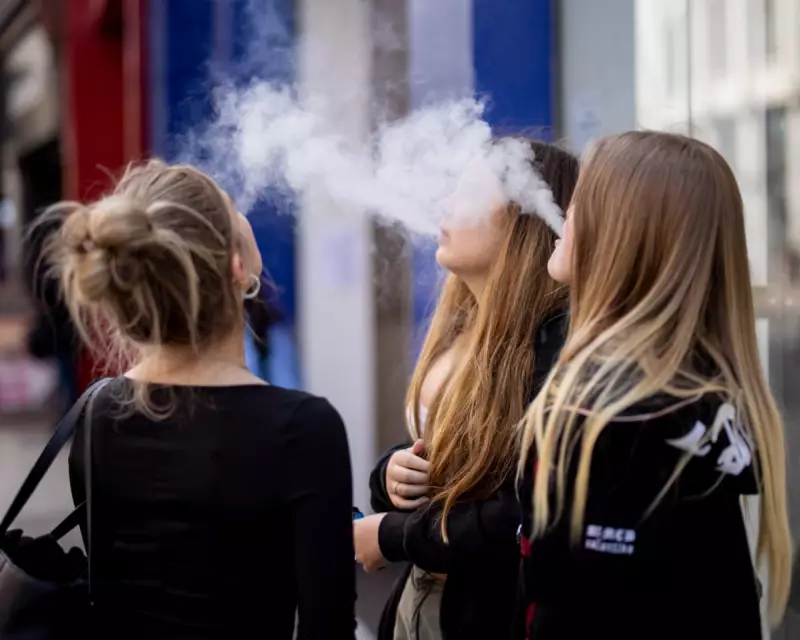
Medical professionals across the United Kingdom are raising the alarm about what they describe as an escalating public health emergency: vaping among children and young people may be causing irreversible damage to their developing bodies.
Growing Body of Evidence Points to Permanent Damage
Consultants and GPs are witnessing a disturbing trend in their practices, with increasing numbers of young patients presenting with respiratory issues, nicotine addiction, and other health complications directly linked to e-cigarette use. The medical community warns that the long-term effects could include permanent lung damage, impaired brain development, and lasting cardiovascular problems.
Why Children Are Particularly Vulnerable
Experts emphasise that young people's developing bodies make them especially susceptible to harm from vaping chemicals. The nicotine content in many popular devices can disrupt brain development in adolescents, potentially affecting attention, learning, and impulse control well into adulthood.
What Doctors Are Seeing in Clinics
Medical professionals report seeing children as young as twelve with:
- Persistent coughs and breathing difficulties
- Nicotine dependency requiring intervention
- Increased asthma attacks and worsening symptoms
- Unexplained mouth and throat irritations
Call for Stronger Government Action
Health leaders are urging policymakers to implement stricter regulations on vaping products, including:
- Tighter restrictions on flavours appealing to children
- Plain packaging requirements
- Stronger enforcement of age verification
- Public health campaigns targeting young people
The medical community's message is clear: what many initially perceived as a harmless alternative to smoking is emerging as a significant threat to children's long-term health. With evidence mounting, doctors stress that preventive action must be taken now to protect future generations from potentially irreversible harm.





